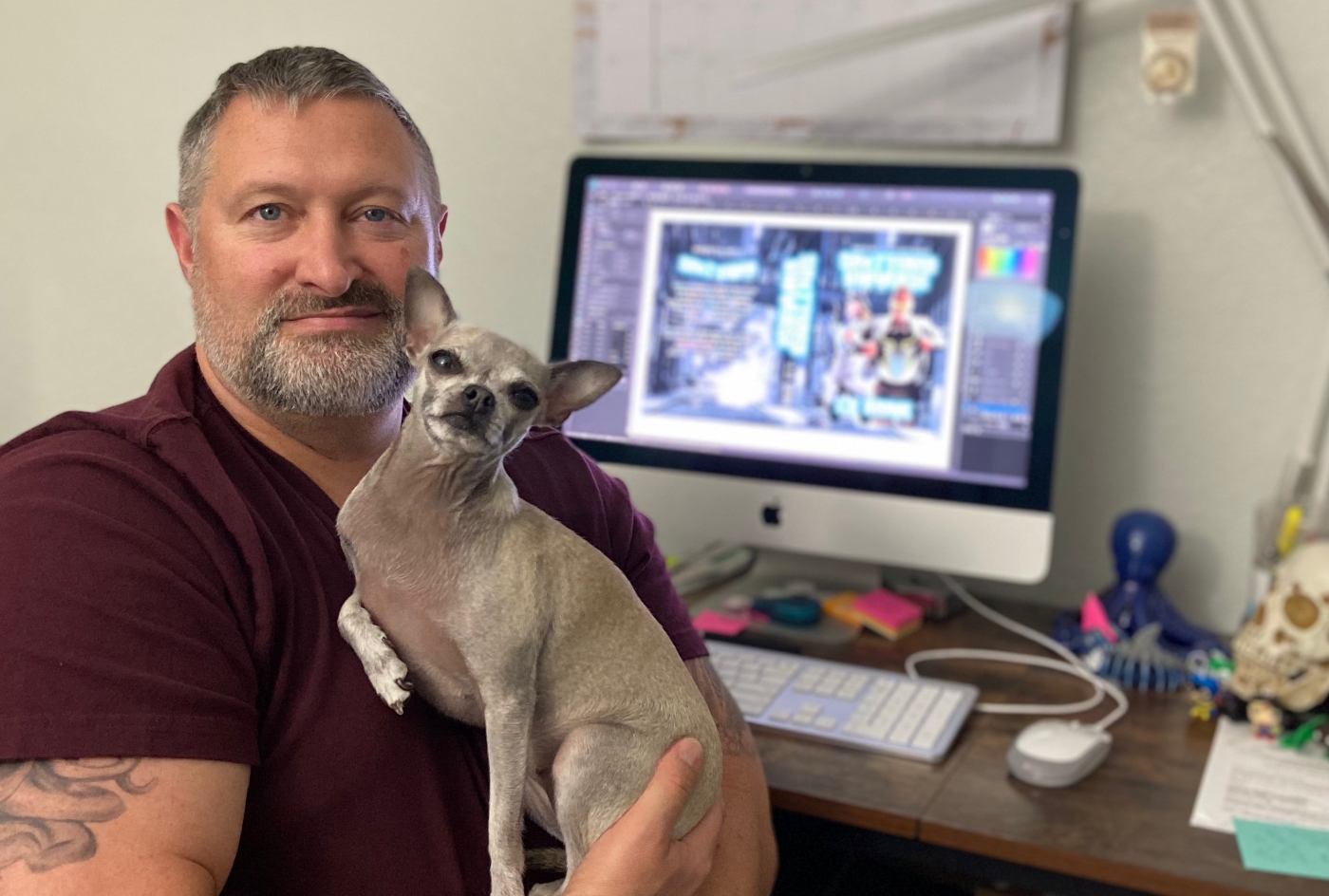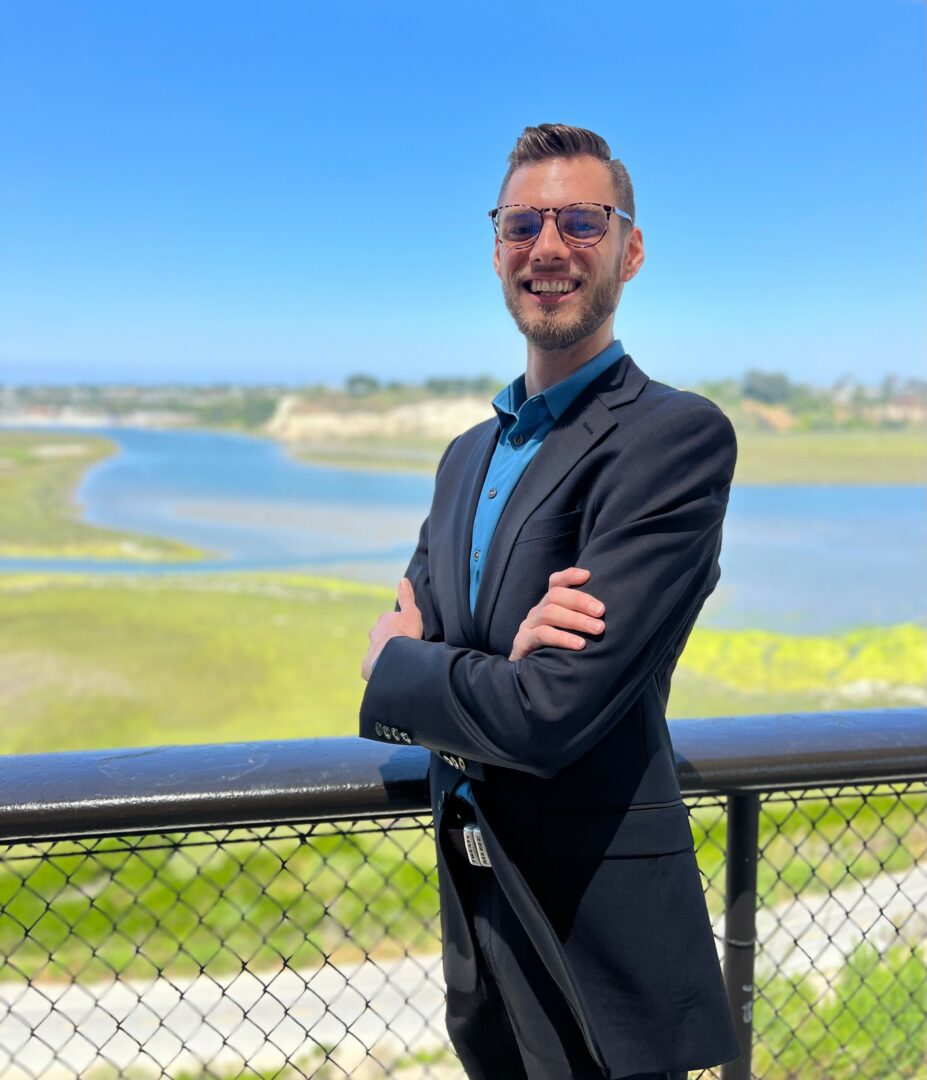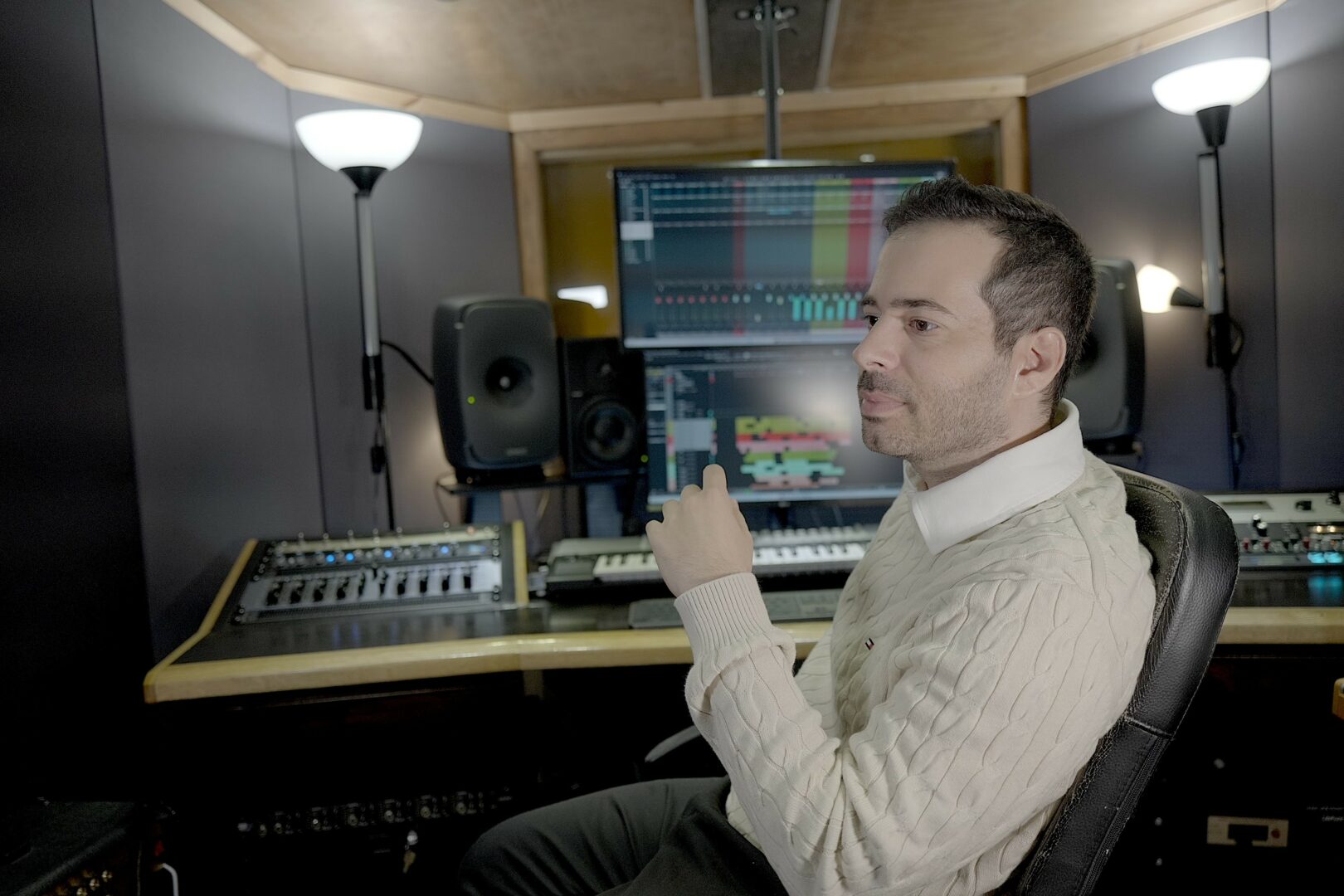We were lucky to catch up with Darrell Williams recently and have shared our conversation below.
Darrell, so good to have you with us today. We’ve always been impressed with folks who have a very clear sense of purpose and so maybe we can jump right in and talk about how you found your purpose?
I found my purpose by joining the military directly after attending Compton Senior High school. I was a Human Resources Specialist, which allowed me to help individuals throughout my career. The more I helped people, the more I realized that I really had a gift for figuring things out that led to positive results. This skill to do this was also developed by having mentors and supervisors, who poured into me and showed me different ways to take care of people. Eventually, I found out that the military was just one vehicle or platform to help people. I also learned that there were several other ways that I could help people, but I had to keep my ego in check and remember that it was never about me, but the other person. For those who are still looking for their purpose, take a hint from T.D. Jakes, who said “if you’re looking for your purpose, follow your passion. Your passion will lead you to your purpose.”
Additionally, sometimes we have to pause from doing life, and reflect on what is it that I do really well? Who benefits from when I do this certain thing? How do I feel when I do it? If I did not get paid to do this, would I still want to do it? Another option is to speak with a trusted friend, mentor, or life coach that can help you decide what is it that you do so well, that the world would miss out on, if you did not find a way to continue doing it. The other option is to look around and see if there is a need in your community that needs to be met and does your skillset put you in a position to do something about it. Warning: just because you see a need that can be met, and you believe it is leading you to your purpose, it doesn’t mean that you need to quit your regular job and begin this new superhero adventure immediately. It is OK to slowly move into this endeavor and do it after hours or on weekends, until you can develop a plan that will allow you to do this on a regular basis, if this is your destiny. It is very important to know the difference between a temporary situation and a permanent commitment.
Let’s take a small detour – maybe you can share a bit about yourself before we dive back into some of the other questions we had for you?
I am the CEO of Alliance Seminars Coaching, which is a veteran-owned, faith-based organization that provides clients with motivational speaking, certified workshops, and coaching services. I bring extensive experience as a keynote speaker, certified facilitator, and master certified life coach by providing individuals with expertise in the areas of leadership, relationships, and purpose. I am also a member of the White House Communications Agency Hall of Fame. I have been involved in life coaching for many years and help clients discern ways to restore and enrich personal and professional relationships. I have been married for over 24 years and cheerfully share time-tested principles to strengthen relationships.
My leadership background includes 30 years of federal service highlighted by my selection as a White House Communications Agency All-Star and Senior Manager of the Year. Additionally, I am a Defense Information Systems Agency Outstanding Mentor and Human Resources Team Lead of the Year.
My leadership coaching is based on a stellar 20-year military career, where I traveled as an Operations and Vice Presidential Communications Officer, leading over 500 White House missions.
In addition to being a master certified life coach, I am a certified facilitator who trained senior managers at the White House Communications Agency Training Academy to travel as Vice Presidential Team Leads, serving as the primary contact for the traveling White House Staff, while simultaneously training mid-level managers to travel as Presidential Operations Team Leads.
I received numerous professional awards to include the Presidential Service Badge, Lacey B. Ivory Service Award, Roy Wilkins Renown Service Award, the National Louis University Reach Award, and the Strayer University Outstanding Alumni Award for my dedicated leadership in the community and Department of Defense. I hold a Bachelor of Science in Management from National Louis University and an MBA from Strayer University.
Looking back, what do you think were the three qualities, skills, or areas of knowledge that were most impactful in your journey? What advice do you have for folks who are early in their journey in terms of how they can best develop or improve on these?
Three qualities, skills, and areas of knowledge that were most impactful in my journey was respect, selfless service, and integrity. These are three of the seven Army values that I choose to live by on a daily basis. I keep a card in my wallet, along with a L.D.R.S.H.I.P challenge coin in my pocket, to remind me how to best accomplish whatever it is that I am supposed to do on that day. Regardless of the challenge that I am facing, personally or professionally, as long as I deal with them from a standpoint of respect, selfless service, or integrity, more often than not, the result will be favorable.
According to the Army, RESPECT is about treating people as they should be treated. Respect is what allows us to appreciate the best in other people. Respect is trusting that all people have done their jobs and fulfilled their duty. And self-respect is a vital ingredient with the Army value of respect, which results from knowing you have put forth your best effort. The Army is one team and each of us had something to contribute.
SELFLESS SERVICE is about putting the welfare of the nation, the Army, and your subordinates before your own. Selfless service is larger than just one person. The basic building block of selfless service is the commitment of each team member to go a little further, endure a little longer, and look a little closer to see how he or she can add to the effort.
INTEGRITY revolves around doing what’s right, legally and morally. Integrity is a quality you develop by adhering to moral principles. As your integrity grows, so does the trust others place in you. The more choices you make based on integrity, the more this highly prized value will affect your relationships with family and friends, and, finally, the fundamental acceptance of yourself. The key is not to give up and punish yourself when you fall short, but to start over again and try to be better than you were, the day before.
The advice that I have for folks who are early in their journey would be to surround yourself with people who you believe exhibit personal or professional qualities that you admire, and work with them to fine tune these skills within yourself. Everyone can benefit from learning and spending time with a mentor. Whether the life topic is leadership or relationships, we can increase our effectiveness through mentorship. The good news about mentorship is, it is free and normally revolves around time. The more you commit yourself to really learning from your mentor, the more they are willing to pour into you, the secrets that made them successful.
Awesome, really appreciate you opening up with us today and before we close maybe you can share a book recommendation with us. Has there been a book that’s been impactful in your growth and development?
A book that has played an important role in my development was actually an old Army Field Manual 22-100, Military Leadership. While it was an Army leadership manual, as stated by Army Chief of Staff General Shinseki, it laid out a framework that could be utilized by anyone who wanted to be a better leader. Although this was posted in 1999, I still live by the definition that “leadership is the process of influencing other by providing motivation, direction, and purpose to accomplish the mission and improve the organization.” The role that this book has played in my life is that I cannot lead others in my home, community, or workplace, until I first become better at leading myself. This means making individual better decisions, putting the importance of others before myself, and focusing on what would benefit the majority and not just me. Even when I missed the mark at times, it helped me realize that just because I temporarily failed, it doesn’t mean that I am a permanent failure. It revealed to me that the road of success and failure are very similar, but the difference can be better examined through the lens of leadership growth.
A few of the most valuable and impactful nuggets from the book were levels of leadership that consisted of direct, organizational, and strategic. A simple way to incorporate this into our lives could be what type of direct decisions do I need to make for myself, what type of decisions do I need to make for my family, and what types of plans do I need to put in place for my team to grow. The focus on Character revolved around who you are and contributed significantly to how you act. Character also helps you know what’s right and do what’s right, all the time and at whatever the cost.
Leadership Styles are also discussed in the book and the highlights were the directing style which is leader-centered and appropriate when time is short and leaders don’t have a chance to explain things; participating style centers on both the leader and the team and when subordinates help create a plan, it becomes—at least in part—their plan; delegating style involves giving subordinates the authority to solve problems and make decisions without clearing them through the leader; and transformational style “transforms” subordinates by challenging them to rise above their immediate needs and self-interest.
Contact Info:
- Website: https://speakerhub.
com/speaker/darrell-williams - Facebook: https://www.
facebook.com/allianceseminars - Linkedin: https://www.
linkedin.com/in/ darrellwilliams - Youtube: https://www.youtube.
com/watch?v=faeIvfxUB7E








Image Credits
Well-being and Career World Podcast; Stop, Look, & Listen Podcast; Speak with Power Podcast; Cut Through the Noise Podcast; The Don’t Quit Podcast; Public Speaking with Peter George Podcast; Life After the Uniform Podcast; and the Maverick Leader Podcast.
Suggest a Story: BoldJourney is built on recommendations from the community; it’s how we uncover hidden gems, so if you or someone you know deserves recognition please let us know here.




